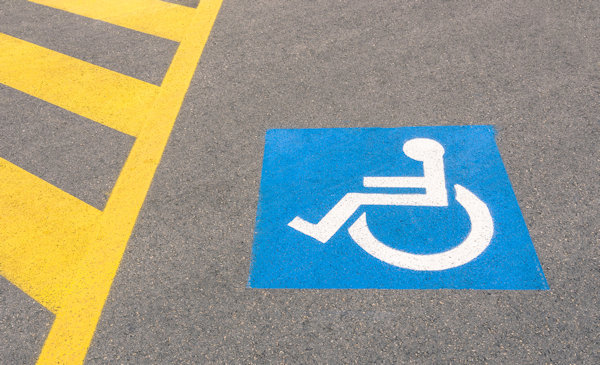For members of the “disability community, inclusion means more than accessible parking spots.
Isn’t it amazing how children have an innocent ability to to be inclusive of people? But maturing seems to bring challenges: Being inclusive of all people brings one conundrum after another. To include one group, some may need to change preconceived notions; to include another group, others may have to leave their comfort zone.
Let’s talk about the most diverse minority group, which also happens to be the largest minority group in the U.S. Orientation, gender, race and religious affiliation have no impact on whether or not you may fall into this group. And this is the most unique aspect: If you aren’t a part of this minority group already, you very likely will be one day before your life comes to end.
This group, if you haven’t figured it out, is people with disabilities — one of the most consistently discriminated and ostracized groups of people throughout human history. People with disabilities are still more often than not sitting on the outside of communities, of movements, and of opportunity. I happen to be fascinated by this group of people — and not just because I am a member of the disability community. Mostly, people with disabilities captivate me because, despite all the negative facts, there may be no other group with more untapped potential.
With all that in mind, I wonder what it would look like to take inclusion and openness to a level beyond accessible toilets and parking spots. First off, I want to highlight how incredibly vital physical accommodations are to tapping into the potential of someone with a physical disability. As I am sure you are aware, disabilities are not just physical in nature. In fact, often they are invisible to the naked eye. Nonetheless, if exclusion of people with disabilities is as basic as lack of physical accommodations, there is quite a long road ahead to making your community open to people with disabilities. Take hope, though: You are far from alone.
Last Updated on October 17, 2022

